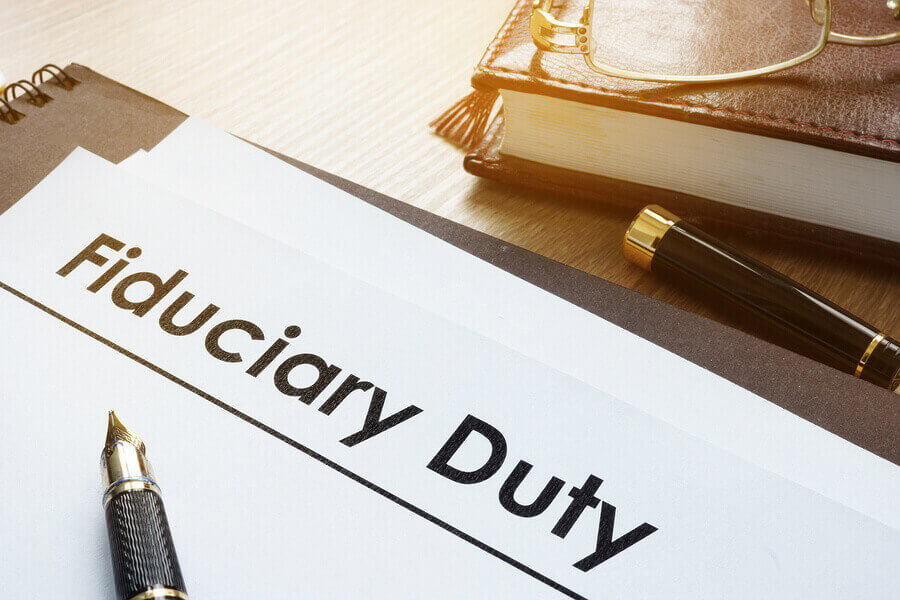Fiduciary Duty 101

As a member of your HOA’s board, you have many of duties. The most important of them is fiduciary duty. Fiduciary duty requires board members to stay objective, unselfish, responsible, honest, trustworthy, and efficient. Board members, as stewards of public trust, must always act for the good of the organization, rather than for the benefit of themselves. They need to exercise reasonable care in all decision making, without placing the organization under unnecessary risk. The duty of care is the duty to make reasonable and informed decisions. Instead of going with the first contractor you come across, shop around. Is there anyone more qualified? Less expensive? If so, go with them. Part of your job as an HOA member means choosing the best option for your community, not the easiest. The second duty is the duty of loyalty; the ability to set aside your personal interests for the good of the HOA. Don’t hire your friend as a contractor if they aren’t the best person for the job. If you want to spend money on a new project, ask yourself if it is a personal interest or a community interest. If the community would not benefit from, say, a new hot tub or upgraded gym, scrap the project. If you have questions contact Sharper Management – we are always here to help!
Fiduciary Duty

As many Associations enter budget season, it’s a good time to reflect on a phrase that is thrown around, but seldom understood and all too often not taken seriously enough – Fiduciary Duty. Be it the approval of a budget, the granting of a homeowner request or the selection of a contractor, as an elected Board member and representative of your community association, it is your legal obligation. So, what does it mean? According to Webster Dictionary, Fiduciary Duty is “the legal duty of a fiduciary to act in the best interest of the beneficiary.” Yeah, OK. That’s well enough. In the context of your role as a Board member, however, we can dig a little deeper. As a governing body, the Board of Directors has three primary functions: A policy making body (creating Rules) An approval body (approving a budget, managing architectural controls or contracting services) An oversight body (reviewing financials or evaluating vendor services) According to our industry resource, Community Association Institute, as an individual Board member you work to fulfill these functions and meet your all-important fiduciary obligations under two doctrines. Duty of Care – making reasonable and informed decisions; regularly attending and participating in Board meetings; exercising independent judgement; relying on experts, but still exercising good business judgement; and acting in the best interest of the Association as a whole. Duty of Loyalty – putting aside all personal interests; eliminating conflicts of interests; and exercising power in good faith to benefit the best interests of the community. In summary, to ensure you are fulfilling your Fiduciary Duty – remember your primary functions as a collective Board and individual Board member, and ensure you are guided by the principles outlined in Duty of Care and Duty of Loyalty. To be even more succinct – work smart and don’t be selfish! (See more at https://www.caionline.org/LearningCenter/ResLib/Pages/3454.aspx )
